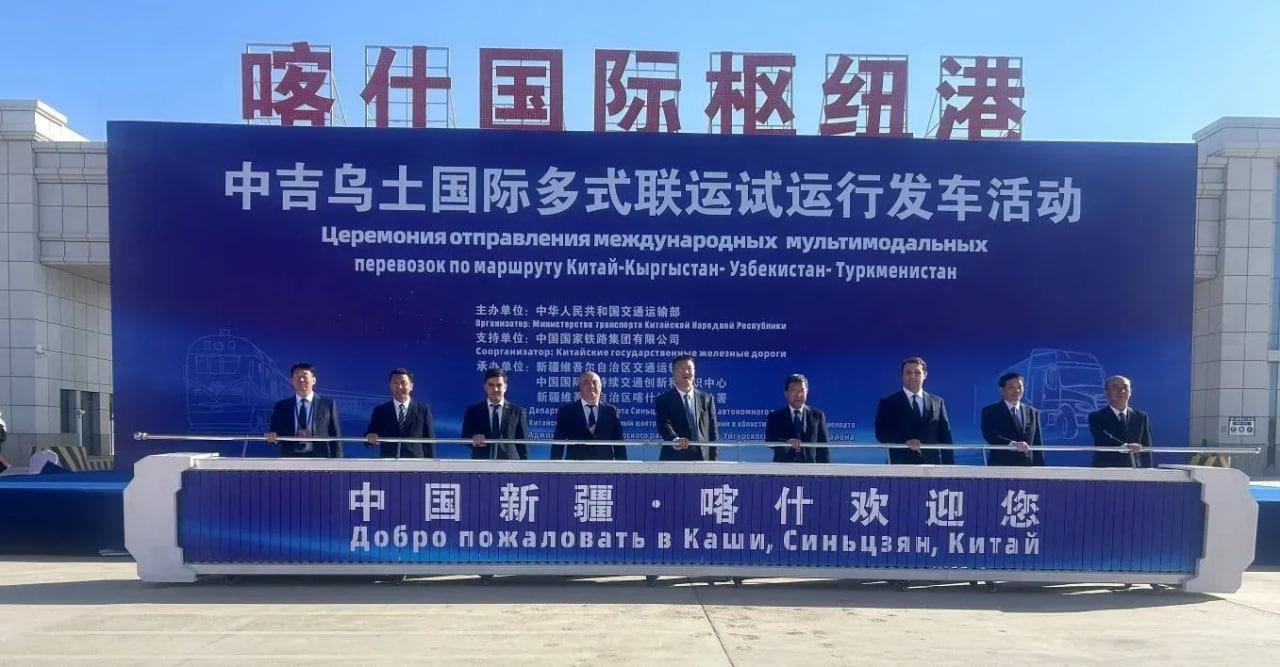Television Coverage Highly Biased In Ukraine Election Campaign
Television Coverage Highly Biased In Ukraine Election Campaign
Senior U.S. State Department officials have reiterated their threat that if Ukraine’s elections in October are not free and fair, then Ukraine has no chance of being invited to join NATO (Ukrayinska pravda, August 9). Media freedom during the elections, the officials emphasized, is an important criteria in determining the openness of the elections.
The most important media outlet is television, as most Ukrainian voters obtain their news and information on the elections and most other issues from that source. Regular NGO monitoring of television coverage since the start of the election campaign has revealed strong biases that are likely to continue through election day.
Ukraine’s national television stations can be divided into three unequal groups. First are channels controlled by the Kyiv clan’s Viktor Medvedchuk, in his capacities as head of the Presidential Administration (State Channel 1) or leader of the Social Democratic United Party (1+1 and Inter). Second, three channels are controlled by President Leonid Kuchma’s son-in-law, Viktor Pinchuk, and the Dnipropetrovsk oligarch clan (ICTV, STB, and Novyi Kanal) or Andrei Derkach (Era). Finally, there is Channel 5, which is owned by Our Ukraine businessman Petro Poroshenko.
Channel 5 has already been removed from the cable schedule in Donetsk oblast, the home base of presidential aspirant Prime Minister Viktor Yanukovych. On June 29, after Channel 5 began broadcasting live coverage of parliamentary proceedings, the director of Volia, the cable company that transmits Channel 5, Serhiy Boyko and his deputy, Valeriy Salyamov, were arrested. The trumped-up charges included violating their broadcast license, money laundering, and transmitting pornography (Ukrayinska pravda, June 30).
Even the pro-Kuchma 2000 newspaper found this development too hard to swallow (July 9). Ukrainian commentators concluded that the authorities seemingly do not wish Ukrainian voters to watch debates or hear opposition speeches made in parliament during an election campaign.
The Donbas clan plans to launch a new all-Ukrainian television station in September, possibly by expanding the broadcasts of the Donetsk-based Ukrayina TV channel throughout Ukraine. The Donbas group is the only clan without nation-wide media resources. The launch of the Donbas clan’s new channel could signal that Yanukovych does not trust his oligarch partners to give him the national coverage that he believes his clan needs to win the elections.
Equal Access, an NGO linked to the New Choice 2004 coalition, studied broadcasts during the month of July and found that positive coverage was only given to Prime Minister Yanukovych, the candidate backed by the pro-Kuchma camp. At the same time, these television stations offered no censure of Yanukovych. The prime minister’s May 6 call to officials to not be afraid of criticism has not led to more critical reporting of his government’s work or himself as a candidate.
The Equal Access report resembles the conclusions of another survey of television coverage made by the Academy of the Ukrainian Press NGO, an offshoot of the National Academy of Sciences’ Institute of Sociology, during the month of July. They concluded that the authorities were mounting a concerted effort to shape public opinion in the elections.
When candidates officially launched their campaigns on July 4, the day’s television coverage was heavily biased in favor of Yanukovych (Zerkalo nedeli, July 10-16). Nearly half of the reports on that day depicted Yanukovych positively, while only 5% were negative. Favorable reports on the rally in Zaporizhzhia held by Yanukovych’s Party of Regions were extensively broadcast.
The television channels controlled by the pro-Kuchma camp frequently air examples of “support” for Yanukovych to give his campaign a sense of momentum that will inevitably lead to his victory. At the same time, TV coverage of opposition rallies take pains to minimize the number of participants. One temnyk (secret order from the Presidential Administration) explicitly instructed television stations on how to cover challenger Viktor Yushchenko’s first election rally on July 4: “When covering the event, do not give long shots of the rally and shots of the crowd; show only groups of drunk people with socially inappropriate or deviant behavior” (Zerkalo nedeli, July 10-16). To minimize the possible damage, Our Ukraine stewards confiscated the vodka that “provocateurs” were distributing at the rally.
TV coverage also focused on examples of extreme-right support for Yushchenko, such as images of individuals daubing slogans on the Lenin statue in downtown Kyiv or screaming provocative slogans at delegates to the Communist Party congress. “Pro-government TV channels also portrayed Viktor Yushchenko as an anti-Russian politician supported by extreme Ukrainian nationalists,” the BBC Monitoring Research Service (July 8) found. TV channels also reported that the only political party backing Yushchenko was the extreme right All-Ukrainian Liberty Party, formerly the Social National Party.
Defectors from the Kuchma camp also have been subjected to biased television coverage, including Anatoliy Kinakh who is himself standing as a candidate. When his Party of Industrialists and Entrepreneurs (PPPU) held its congress, Ludmilla Zhuk, deputy head of the related Union of Industrialists and Entrepreneurs, complained that TV coverage alleged that most of the delegates backed Yanukovych, rather than Kinakh, as their candidate (Ukrayinska pravda, July 14).
The first major attempt to muzzle Ukraine’s media in a biased manner during an election took place in 1999. The final election monitoring report by the Organization for Security and Cooperation in Europe (OSCE) found that media had failed to provide equal access. Some of the recordings made illicitly in Kuchma’s office by Mykola Melnychenko in 1999 also contain discussions about how to silence critical media outlets. But the current attempt by the authorities to control the media and influence public opinion operates on a far larger scale than in the 1999 elections.


